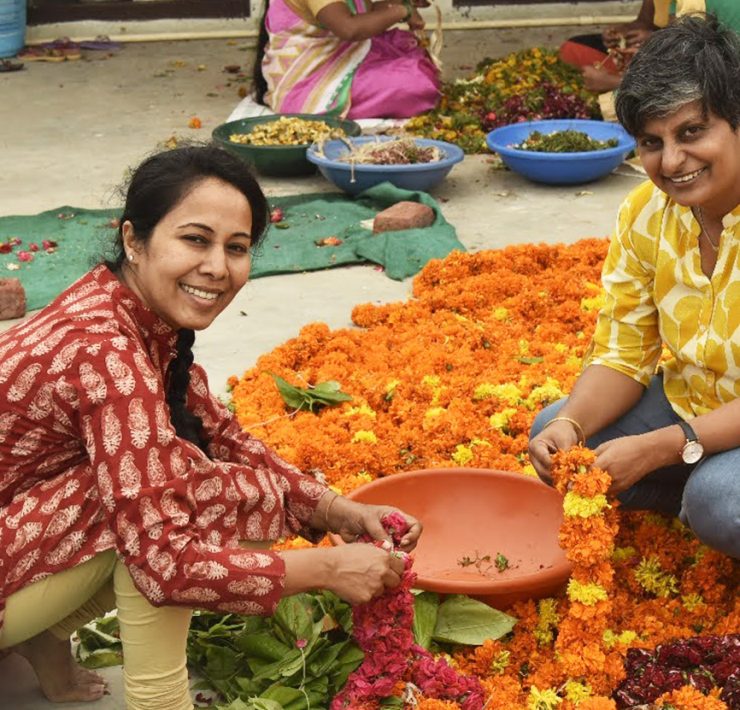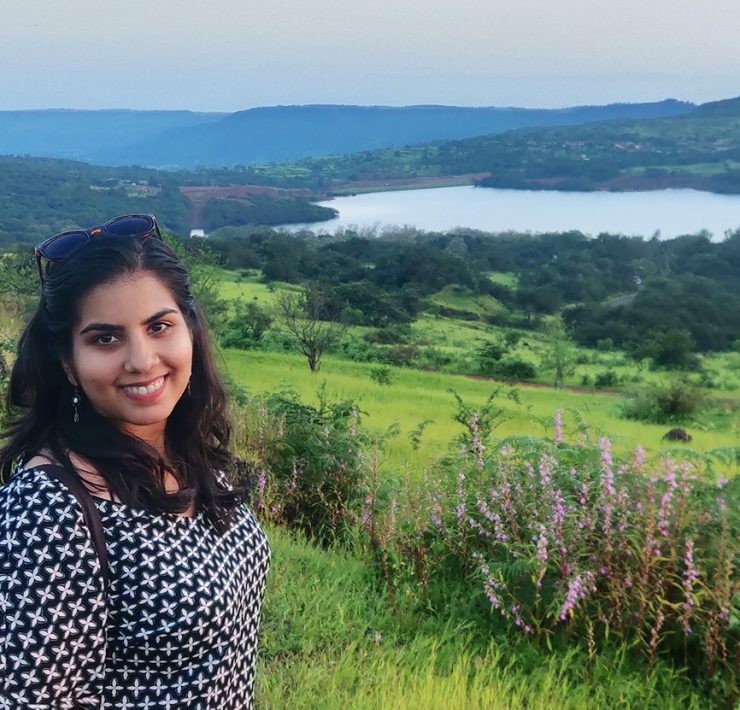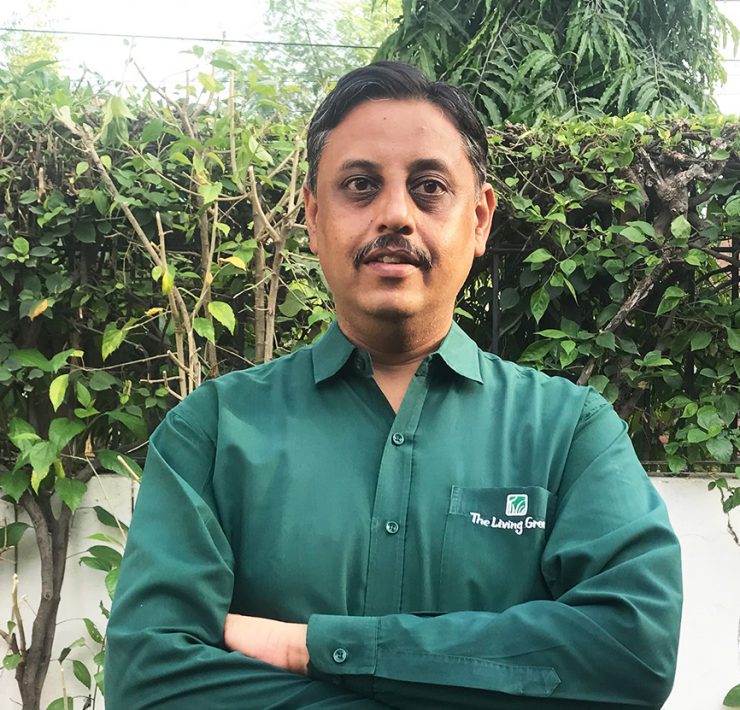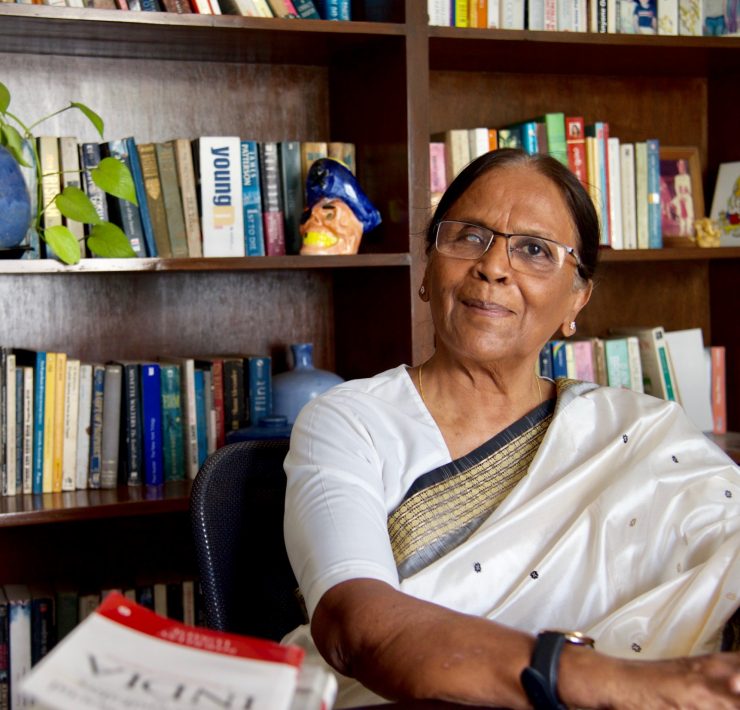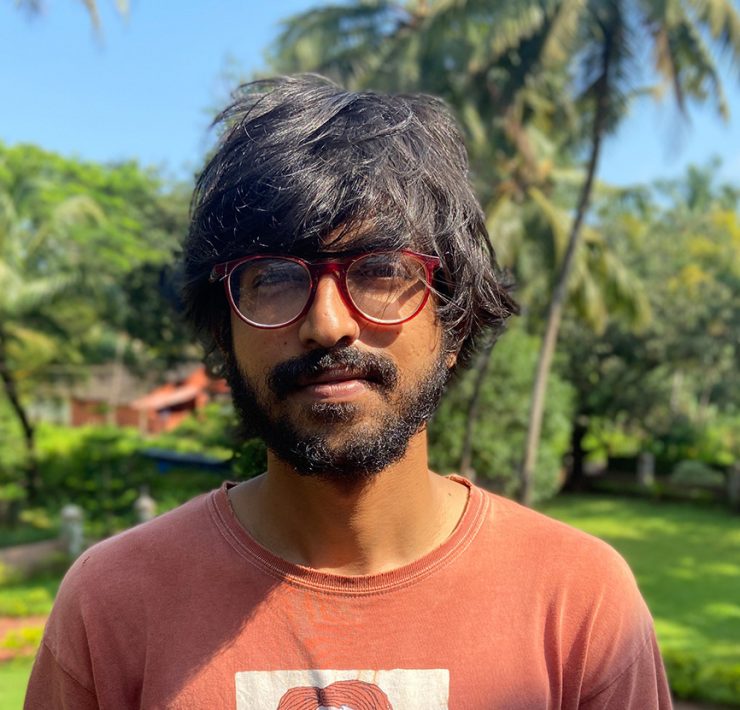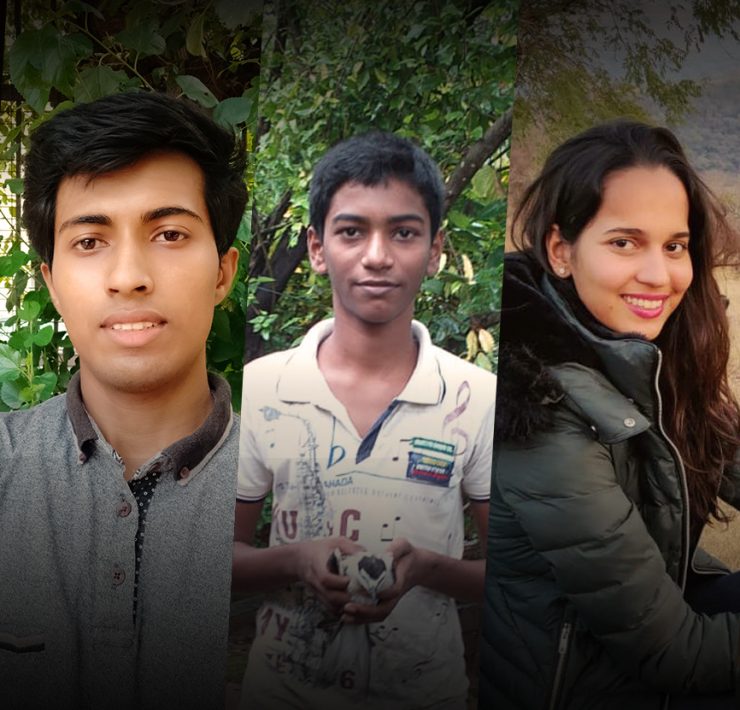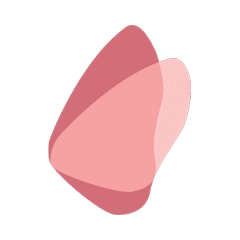Conservation happens when you fall in love
- The Oscar for documentary short The Elephant Whisperers has brought a lot of joy and has also brought home the deadly impact of human-elephant conflict that’s playing out with alarming frequency in India.
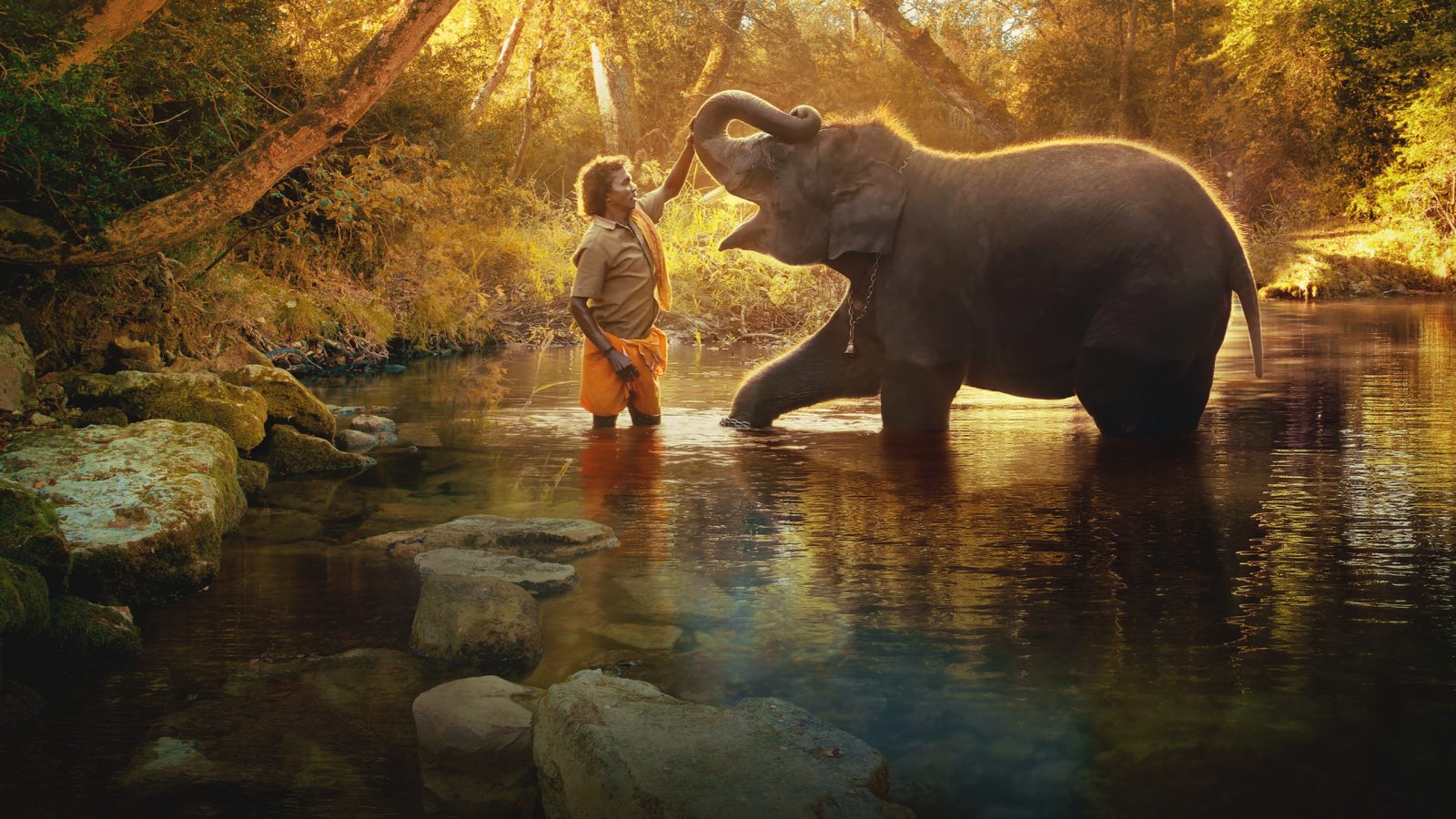
Anuradha SenGupta is editor-at-large at Ethico. An independent journalist and…
In March, The Elephant Whisperers created cinema history by winning the Oscar for documentary short, becoming the first Indian documentary and the first Indian production to win an Oscar. Besides bringing great joy the Oscar has helped amplify the film’s theme. Elephant calves Raghu and Ammu who are brought up by Boman and Bellie, their human caretakers, have been orphaned by the human-elephant conflict. Even as the film celebrates the parental bond between the two, it doesn’t let you forget these elephants are orphans growing up to a life in captivity. Kartiki Gonsalves, the director and Guneet Monga, the producer of The Elephant Whisperers, were in Mumbai after the Oscar win.
(Edited excerpts from the interview with Anuradha SenGupta for Ethico.)
Anuradha: Ladies congratulations. Kartiki the Oscar has amplified this beautiful film that landed on Netflix in December, it has completely catapulted the subject and theme of the film into the spotlight. Give me a sense of how this germinated for you, because this is a personal film. The Mudumalai Forest Reserve is a place that you’ve been to, from early years, isn’t it?
Kartiki: It’s actually home to me because I grew up in the Nilgiris and I am from Ooty. I spent pretty much all my life in the Nilgiris, so it really goes back to a place that I call home. My father is from the Nilgiris as well, so it’s a place that I was very familiar with and in fact I lived there when I was practicing my natural history photography. I lived in Masinagudi and walked through these very forests back in the day when there were no permits about no walking. So, I was able to experience tigers and leopards on foot which is a beautiful experience and lots of wild elephants. But this really started when I was driving on my way from Ooty to Bangalore to pack my things and move back home. I saw Bomman walking by the side of the road and you had Raghu who was three months old at the time, he was only about that big, (indicates with her hand) and he had his trunk wrapped around Bomman’s hand and they were walking down. I was hanging out the car at that point, which I shouldn’t have been doing, because I was trying to drive at the same time. And here you had Bomman who beckoned to me, so I pulled my car over to the side and I jumped out and went and joined them. That was the best time of my life. I had seen larger elephants before but never seen such a vulnerable calf and after seeing so many larger elephants and wild elephants it was really sad to see this young little calf. Here Raghu went running into the water full speed and we went on to the river for a bath and Raghu started splashing around. That’s when I really sat back and I watched Boman with Raghu and that really made me think about so many things because you had this young wild calf that was with a human being. It made me do a little bit more research about why this young wild animal was with this human being and had this very, very, special bond. It made me question, here you have two species right in front of my very eyes co-existing in such a beautiful manner. That’s when it made me go back and I did some research and found that the Asian elephant was endangered and there are just 35,000 to 40,000 of them left. And that made me go back to understand why Raghu was orphaned. This was the elephant I fell in love with. It, really took me back into this darkness of how his mother got electrocuted and that was the direct effect of climate change because they are losing their space and there’s the lack of water. The herd had actually moved into a nearby village and that’s when she got electrocuted. That was the germ, that was the genesis. I just really wanted to help protect elephants. I didn’t want to see more Raghus coming in.
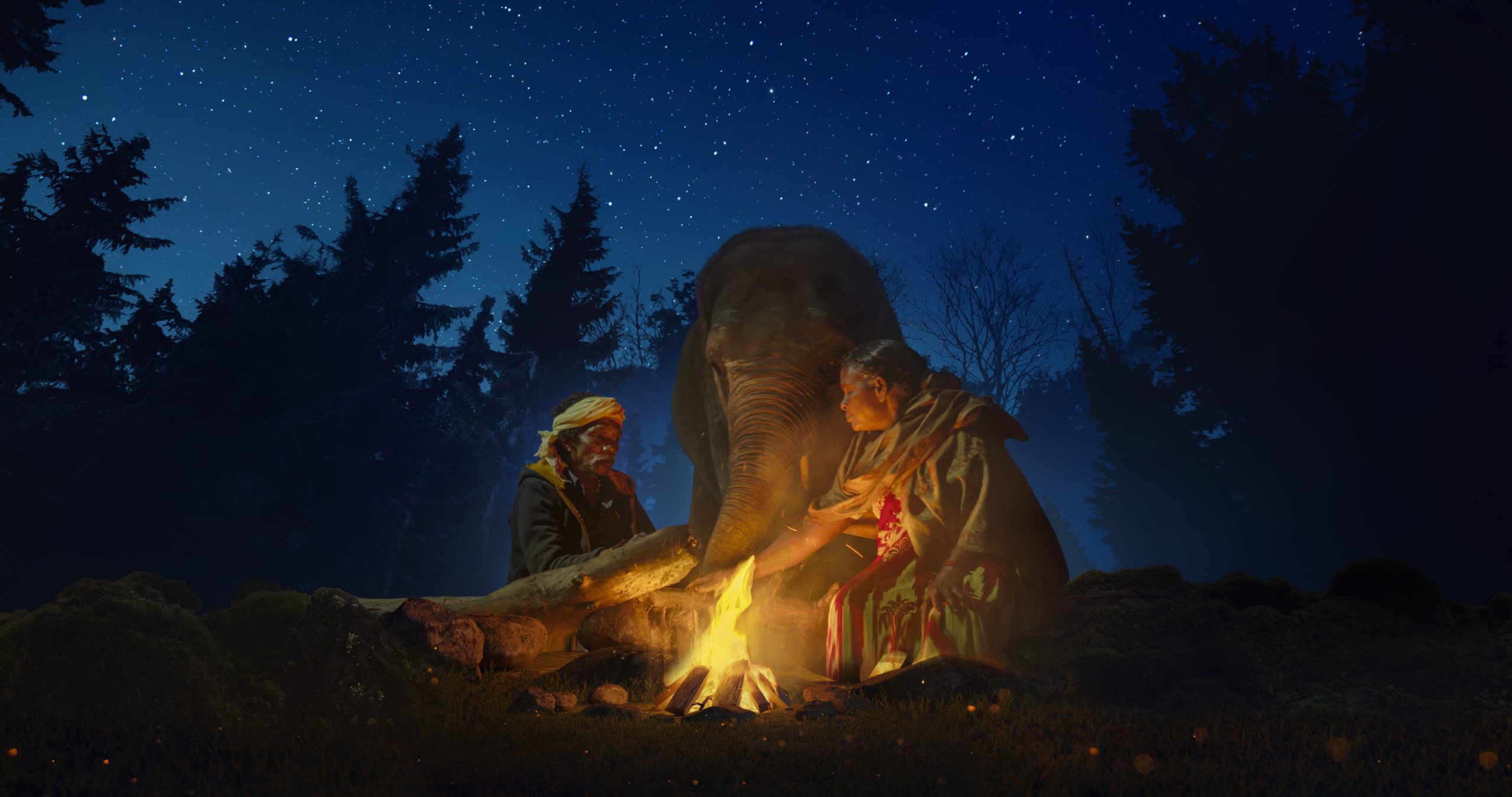
“I just really wanted to help protect elephants. I didn’t want to see more Raghus coming in.”
Anuradha: We know you today as a documentary filmmaker, as a director, but you were a wildlife photojournalist and that’s what you wanted to do also isn’t it?
Kartiki: I’ve been taking pictures ever since I was 15 years old and, the first time I ever set foot into a wild space was when I was 18 months old. I went camping. So it’s always been wildlife at the forefront. My parents have always taken me out to wild spaces, so it was a gradual progression and very organic. I started out as a photographer desire to be a photographer. I love nature, I love animals and growing up in the Nilgiris, it’s the Nilgiri biosphere reserve which is the largest and you couldn’t be in a more beautiful place. I think it just stemmed along the way.
Anuradha: I’ve heard you talk about the fact that you chose the ‘positive aspect of coexistence’ rather than a negative approach of human-animal conflict. Yet your starting point was the human-animal conflict as a result of which the animal is short changed. After the Oscar was awarded, we know about elephants getting electrocuted pretty close to the elephant camp where you shot in, where Raghu is at this point of time. Hypothetically, do you think that `negative approach’ would perhaps have been more hard-hitting? You made a choice as a filmmaker?
Kartiki: I actually made a really conscious decision to go the positive way, because here we had this beautiful bond of a way forward. I think people need positivity in today’s world. We have what’s happening in Ukraine, we have what’s happening all across the world, there’s so much damage that’s going on. And I think we need hope because at the end of the day here we have this beautiful form of co-existence, right in front of my very eyes. There are many documentaries out there that show the negative impacts and being a natural history lover, I think I’ve seen many documentaries and I’ve kind of gone away from documentaries like that, because what happens is it brings out this very dark side and hopelessness. I love animals, I love nature but I also want people to understand them in a different light. And I think this was the perfect story to do that with because I wanted people to connect with the elephants, I wanted them to fall in love with them and I think that’s where real conservation happens, when you fall in love with something, you protect it.
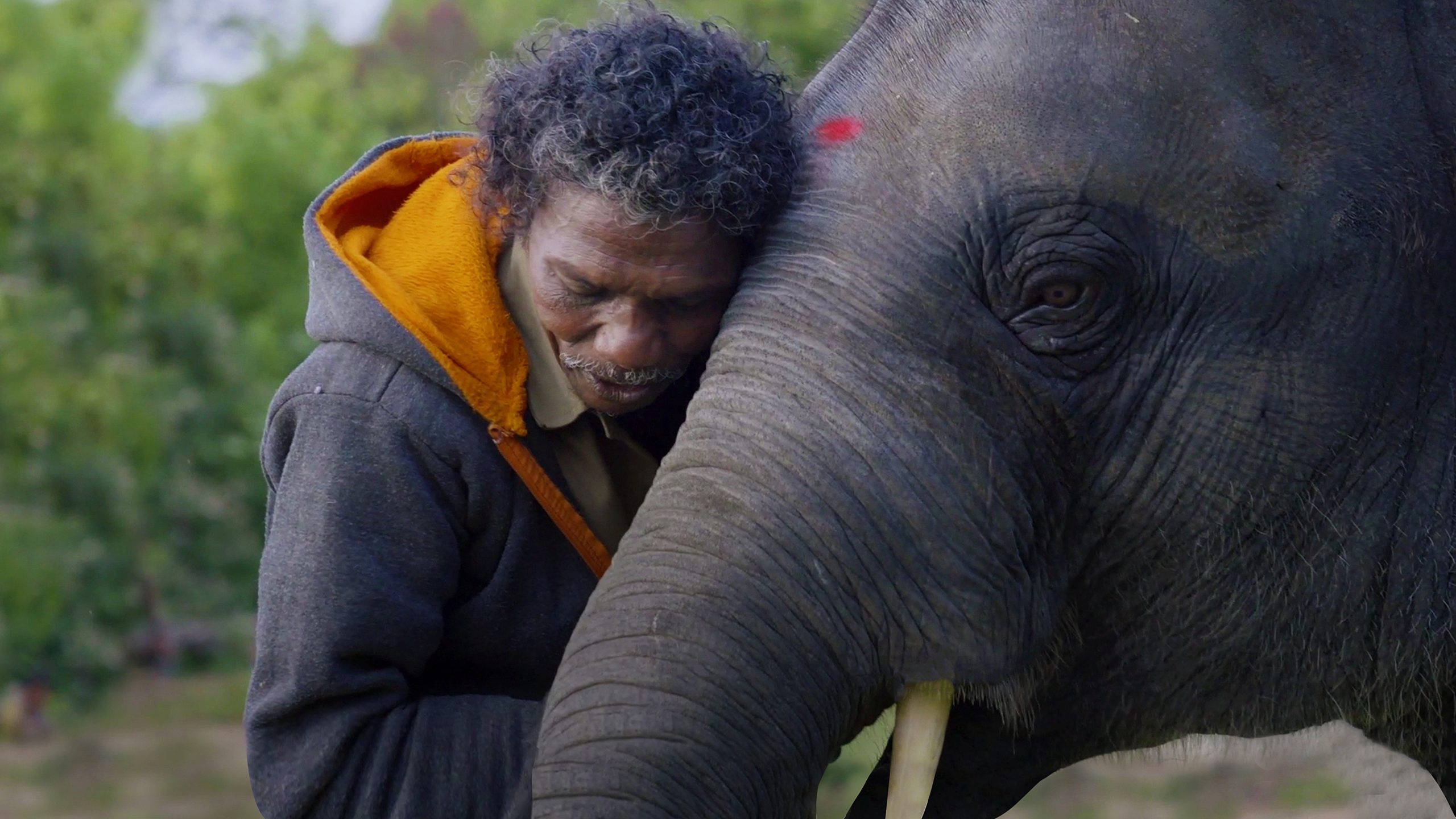 “That’s where real conservation happens, when you fall in love with something, you protect it.”
“That’s where real conservation happens, when you fall in love with something, you protect it.”
Anuradha: You’ve spent so much time there making the film and even previously, what’s your sense, do humans who live in close contact with wildlife, and in this case elephants, do you think more regulation, penal action and a combination of sensitization and creation of empathy, will need to work?
Kartiki: This is a long pathway ahead it’s not something that can be resolved immediately, absolutely. I can speak for the Tamil Nadu Forest department, they’re working very beautifully in this space. What they’ve done is in certain places, they’ve built 10 feet trenches around villages so that animals can live in their own space and humans can as well. You have farmers who have a year’s worth of crops that can get destroyed overnight by a herd of elephants and how can we justify a farmer losing all that he has, his livelihood, because he has a family that he loves and he wants to take care of but at the same time he doesn’t disrespect animals. So, then you have to question the whole thing, about people being able to co-exist and also animals being able to have their space. I think each step and everything that happens is a step forward and I think right now as well the Chief Minister had also looked into the indigenous communities and also given them independent funding which I think is a beautiful foot forward coming from a tiny documentary like ours. It’s not just local change, I feel like this also has had an impact across the world from what I’ve seen from the emails that are coming in. I think it’s reached out to people not only with elephants but the animals that they co-exist with on a different level. So, I think it’s just a global message about co-existence, our place as human beings and how we share our landscape with the land and I think it can have impact on this level.
Anuradha: Guneet, climate change, the alarm over climate change, all of that is like really headlines right now. Do you see more projects in this space? Even, `All that Breathes’, the other documentary that was shortlisted from India, comes from a similar space, concern and outlook. Do you see more projects putting the environment first and sustainability first coming up?
Guneet: You know climate change is real and I think as filmmakers we are observers right. So as filmmakers we tell the stories from around us and what impact us the most, you know it comes to us naturally. So definitely I think there is going to be many more. In fact, my next, is a fiction feature around climate change and have been working on it for a couple of years, at the script level. But definitely I do feel around the world this is a conversation that everyone needs to have, one needs to double down, because as storytellers you know we show the mirror, we hold the mirror to the society.
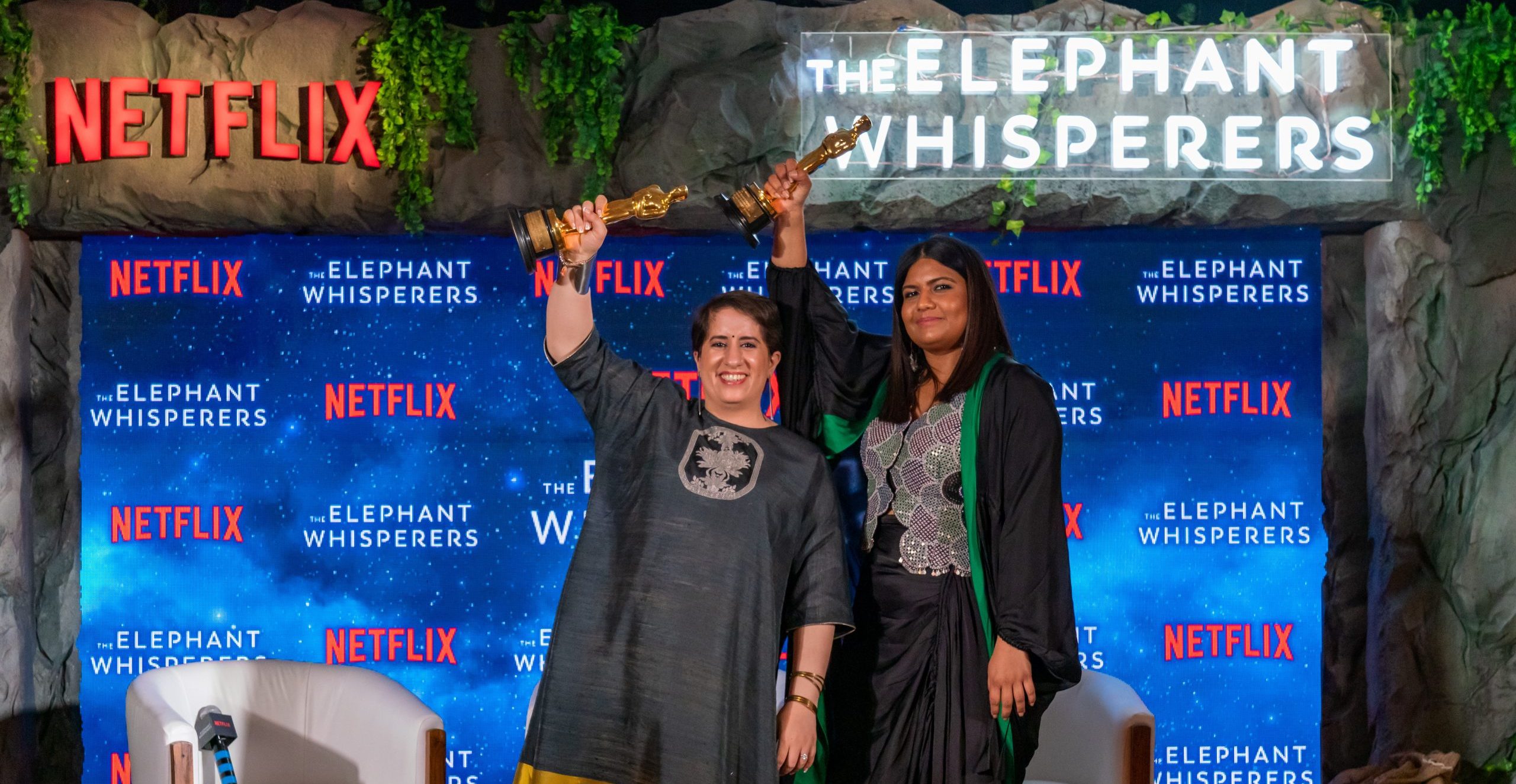
“The ownership of change cannot be on the filmmaker, change is the impact that happens with storytelling.”
Anuradha: And I can read hundreds of headlines but a film like this can you know drive home the point so much better.
Guneet: Absolutely, I think I find it sacred and precious the time that people give to see our cinema, anything that we have to say, because that is a one-way conversation. I almost feel really spiritual about it, that here are we are telling our story and here is somebody, because we all have so many opinions right, just listening to us. That time is so precious that I hope that that can create some sort of conversation at their end. The ownership of change cannot be on the filmmaker, change is the impact that happens with storytelling. A lot of my storytelling has been about that change.
You can watch the full interview here.
Anuradha SenGupta is editor-at-large at Ethico. An independent journalist and producer, she has created and hosted iconic news feature programming on leading news channels including CNBC-TV18 and CNN News18 over twenty-five years.

